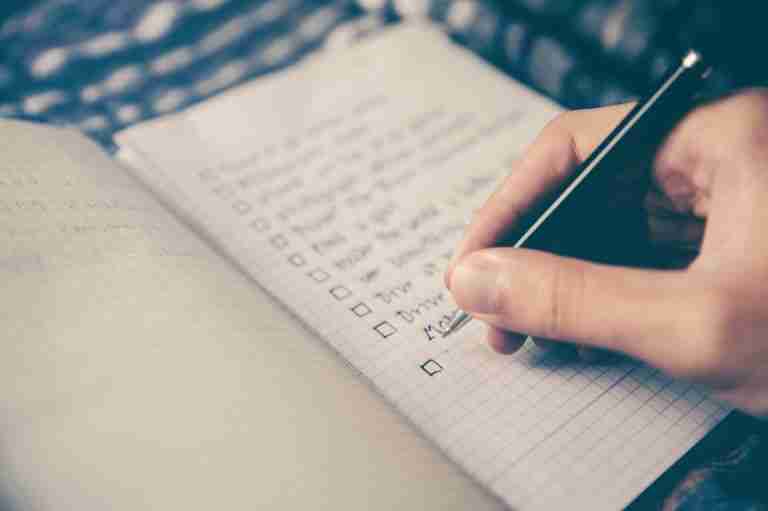In many personal injury cases, proving your damages can be the most important part of the case. In a lawsuit for negligence, you need to show that the defendant was negligent and that their negligence caused your injury.
But in many cases, the heart of the case is proving how much you have been injured and how much money you deserve as compensation for your injuries. This is called “proving your damages” or “proving up your damages.”
The types of damages you can recover vary by case, but they generally fall into one of two categories: economic loss and non-economic loss.
Economic loss includes things like medical bills, property damage, lost wages, and any other out-of-pocket expenses that resulted from the defendant’s negligence. In most cases, these losses are relatively easy to prove because they are easily measured by figures like invoices and pay stubs.
Non-economic loss (sometimes called “general damages”) includes pain and suffering and other more subjective injuries that may not have an exact dollar value. A jury may award significant non-economic damages in some cases, such as serious car accidents or slip and fall accidents where a plaintiff has suffered significant injuries. However, these losses may be difficult to prove so it’s important to gather evidence.
What Documents Do I Need For Personal Injury Cases?
Here are the documents you might potentially require during the case.
- Official reports such as police reports, accident reconstruction reports, private investigation reports, 911 dispatch call recordings, etc.
- Pictures or footage taken at the scene, such as photos, videos, or audio involving the injury, the scene, road or scene conditions, property damage, and the people present.
- Statements and notes of the victims, witnesses, and your own notes or a journal.
- Any medical reports such as initial examinations, second opinions, or specialist reports.
- History and homework documents include past violations, safe concern reports, or vehicle history.
- Physical evidence such as clothing worn during the event or any damaged items are also vital and should be collected.
- Any insurance documents such as yours or the other party’s as well as any communication with the insurance companies involved – preferably communication regarding the incident.
- W2 forms that show the loss of wages. The more the merrier.
- Any bills or invoices including medical bills, repair invoices, payment receipts, or repair estimations by service providers.
Seek out the best attorney possible and provide all these documents to them and they shall be able to chart a solid course of legal action for you.
What Are Your Options?
Though generally lawyers and attorneys from most law firms tend to agree that these cases are peculiarly difficult to tackle, we at Bronx Injury Lawyers P.C. think differently. Our experience as an esteemed law firm comes in handy here. Our Bronx personal injury lawyers specialize in such cases and eat them for breakfast.
Any Bronx personal injury lawyer you choose to go with should be equipped with the necessary expertise in the relevant field.

